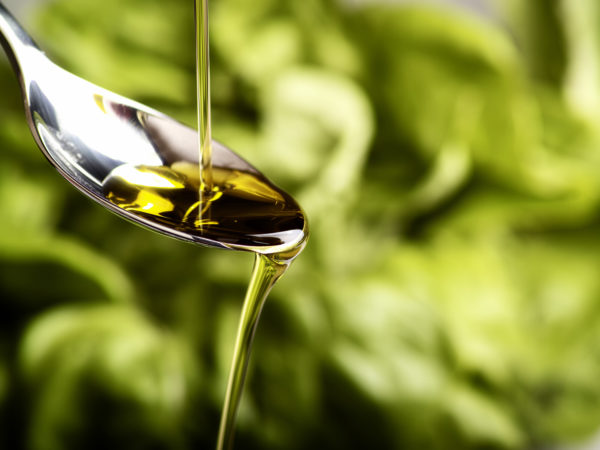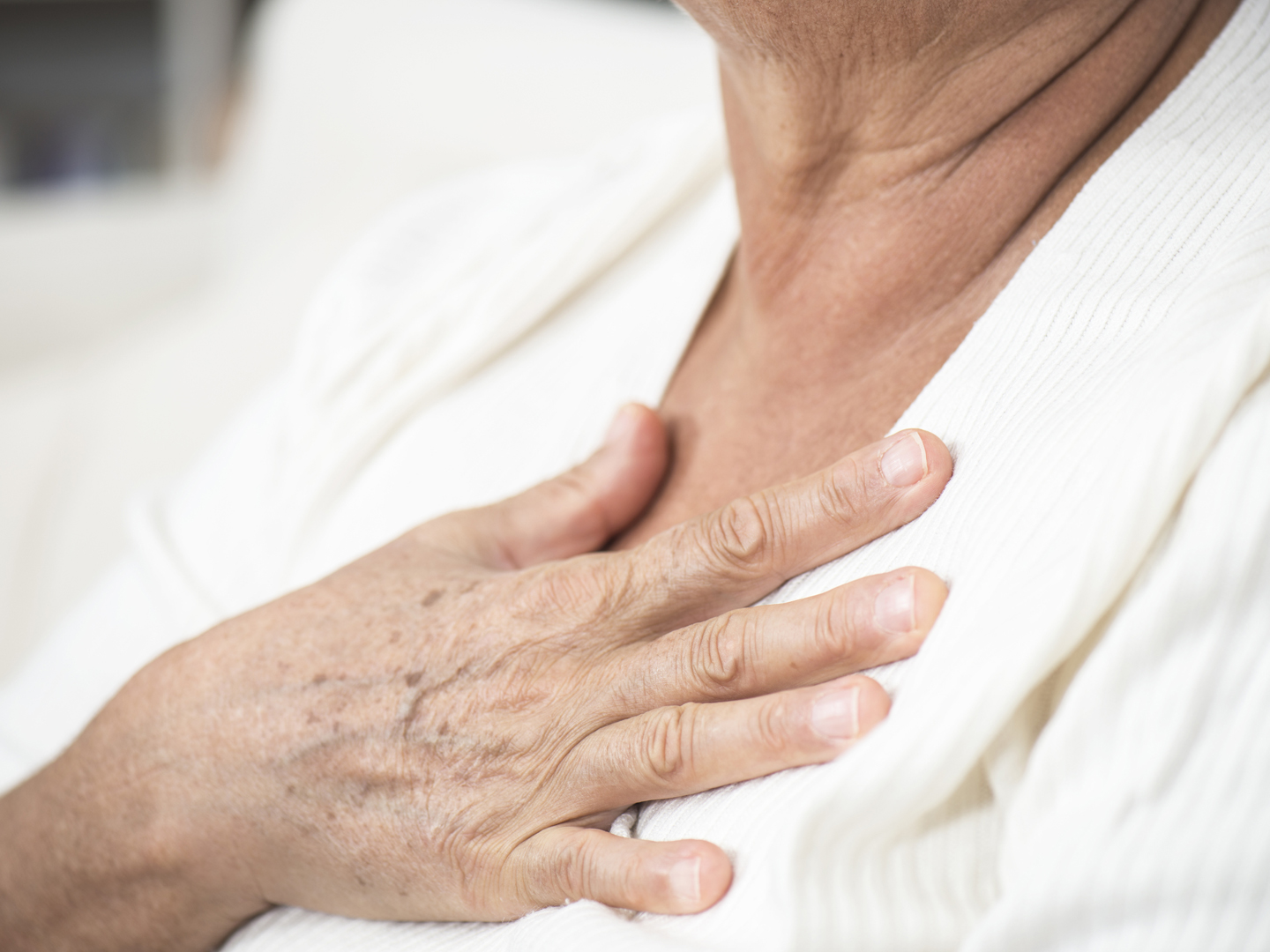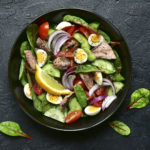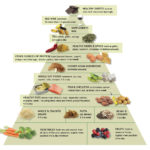Olive Oil & Heart Disease?
I’ve heard that olive oil in the diet reduces the risk of cardiovascular disease. True? I know you’ve long recommended using extra-virgin olive oil.
Andrew Weil, M.D. | July 7, 2020

Results of a recent investigation from the Harvard T.H. Chan School of Public Health show that as little as a half tablespoon of olive oil daily is associated with a significantly lower risk of cardiovascular disease. We’ve long known that that people who consume olive oil as part of a Mediterranean Diet have a 33 percent reduction in the risk of death from heart disease, as well as a death rate from cancer that is 24 percent lower than that in people following typical Western diets.
Olive oil has one of the highest percentages of heart-healthy monounsaturated fat of edible oils, and quality olive oil contains abundant antioxidants that have been shown to provide cardiovascular and anti-cancer activity. The new study is the first to show heart benefits associated with consuming olive oil in the U.S. Earlier studies were performed in Europe.
The Harvard investigators analyzed health and diet information from 61,181 women and 31,797 men who were participating in two ongoing health studies. All the participants were free of heart disease, cancer and stroke when they were enrolled. They filled out food frequency questionnaires at the outset in 1990 and every four years afterward until 2014. Over 24 years of follow-up, 9,797 participants developed cardiovascular disease.
After adjusting for diet and lifestyle factors, including age, ethnicity, alcohol intake, aspirin use, and total calorie consumption, the researchers found that study participants whose olive oil intake exceeded one and a half teaspoons (one half tablespoon) daily had a 14 percent lower risk of cardiovascular disease and an 18 percent lower risk of coronary heart disease compared with those who consumed no olive oil. Further, replacing 5 grams per day of margarine, butter, mayonnaise, or dairy fat with the equivalent amount of olive oil was linked to a five to seven percent lower risk of cardiovascular disease and coronary heart disease. Lead author Marta Guasch-Ferré said that the benefits seen came not just from adding olive oil to the diet but as a result of substituting it for unhealthy alternatives such as animal fats and margarine.
When buying olive oil, I recommend choosing small bottles of a certified organic product. Also, perform your own sensory test: top quality extra-virgin olive oil (which I believe should be used for all cooking, not just bread-dipping and salad-drizzling) has a natural peppery finish; some types have a deep “green” aroma of grass and artichoke. Prices vary widely. Several moderately priced quality oils are available.
Andrew Weil, M.D.
Source:
Marta Guasch-Ferré et al, “Olive Oil Consumption and Cardiovascular Risk in U.S. Adults,” Journal of the American College of Cardiology, April 15, 2020, doi.org/10.1016/j.jacc.2020.02.036














